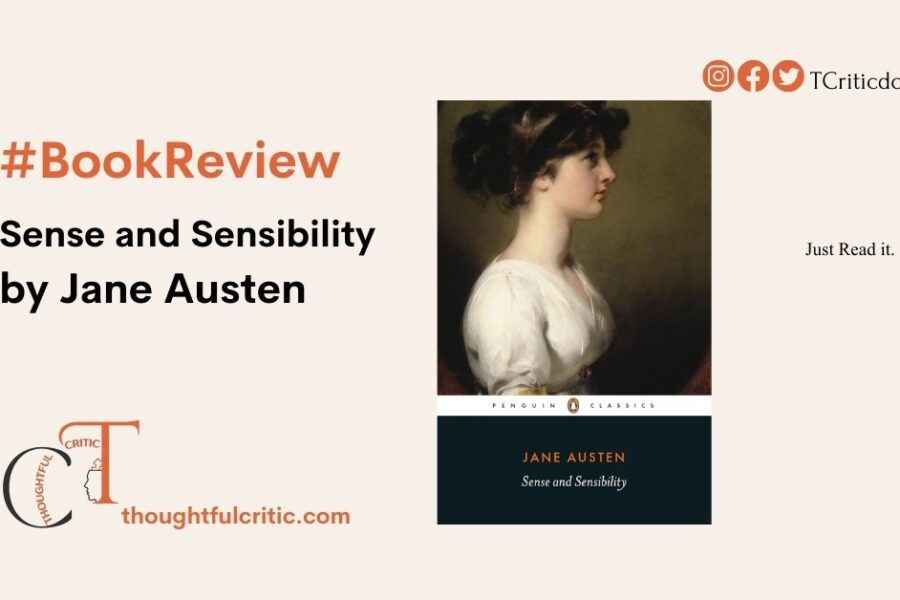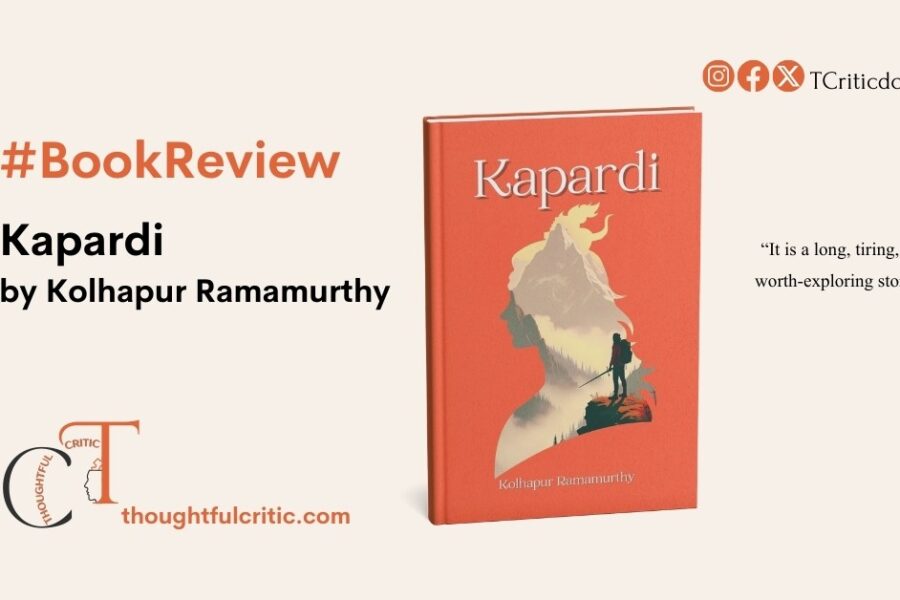One Night @ the Call Center by Chetan Bhagat introduces a fresh perspective on contemporary Indian literature by delving into the lives of individuals working in the call centre industry. The novel explores the challenges, aspirations, and dilemmas faced by these characters within the dynamic and often demanding environment of a call centre. Through its portrayal of the struggles and triumphs of the protagonists, the book offers insights into the complexities of modern-day Indian society, while also highlighting the impact of globalisation and technological advancement on the lives of ordinary individuals. Bhagat’s narrative skilfully blends elements of romance, humour, and introspection, presenting readers with a compelling and relatable story that resonates with the realities of urban India in the 21st century.
Originally published in October of the year 2005, the novel shot to fame quickly after its publication. After all, it was the second novel by the commercial sensation and, perhaps, the first ‘bestselling’ novelist that ‘young India’ knew, Chetan Bhagat. Chetan Bhagat, by that time, was already known for his debut success Five Point Someone (2004). Though the novel does possess some genuine qualities, once you read it after reading the later novels by Bhagat, in retrospect, you understand why critics just don’t like him. Chetan does seem like the guy who can do the impossible – he can cook the same dish, cook again, and yet again until the nth time… and surprisingly use the ‘Kaath ki handi’ every time he desires.
Also Read: Best Novels for Teens
The narrative unfolds over the course of a single eventful night at a call centre in Gurgaon, India. Through the perspectives of six characters — Shyam, Priyanka, Esha, Vroom, Radhika, and Military Uncle — the novel delves into their personal and professional struggles, intertwining their stories with elements of romance, humour, and existential introspection. Against the backdrop of the high-pressure environment of the call centre industry, Bhagat surprisingly explores themes of love, ambition, friendship, and the quest for meaning in the face of adversity. A critic, and friend of mine, once told me that this was the only novel by Bhagat he could like… for the qualities and writing style that matched the tone, tempo and content of the storyline. And still, to the credit of Bhagat, with its relatable characters and fast-paced plot, “One Night @ the Call Center” offers readers a poignant reflection on the complexities of modern life and the search for purpose amidst the challenges of the digital age.
Now, let’s flip the coin. As someone who has thoroughly engaged with Chetan Bhagat’s “One Night @ the Call Center,” I must assert that while the novel presents an intriguing premise centred around the lives of call centre employees, its execution falls short in several critical aspects. The central conceit of a life-altering phone call from a divine entity strikes a discordant note, appearing contrived and implausible within the context of the narrative. Moreover, the characters, though ostensibly representing varied personalities, often veer into the realm of stereotype, lacking the depth and nuance required for genuine engagement. For instance, the portrayal of women as either objects of desire or impediments to the male characters’ objectives perpetuates regressive gender norms and undermines the potential for meaningful character development. Additionally, the novel’s treatment of serious social issues, such as labour exploitation in the outsourcing industry, is superficial and ultimately overshadowed by a simplistic and unsatisfying resolution. While Bhagat’s work may offer fleeting entertainment, its unrealistic plot, stereotypical characters, and problematic themes ultimately detract from its potential to offer substantial literary value or insightful social commentary.
In scrutinising Chetan Bhagat’s writing in “One Night @ the Call Center,” it becomes evident that the novel is marred by significant flaws that hinder its literary merit and thematic resonance. Bhagat’s prose often lacks the sophistication and depth expected of literary fiction, instead opting for a simplistic and pedestrian style that fails to fully captivate or challenge the reader. (Well, if you expect a commercial novelist to write literary fiction, it’s a flawed expectation and I take the blame for that.) The dialogue, in particular, frequently veers into the realm of cliché and contrivance, rendering the interactions between characters stilted and unconvincing. Moreover, Bhagat’s tendency to rely on formulaic plot devices and predictable narrative tropes diminishes the impact of the story, resulting in a narrative that feels derivative and lacking in originality. While the novel may offer fleeting entertainment, its shortcomings in terms of writing quality ultimately detract from its potential to offer meaningful insight or provoke thought-provoking discourse.
Despite its notable flaws, Chetan Bhagat manages to salvage “One Night @ the Call Center” to some extent by tapping into the aspirations and struggles of young individuals in contemporary India. Bhagat’s portrayal of the characters’ ambitions, dreams, and professional dilemmas resonates with the experiences of many in the target demographic, offering a relatable lens through which readers can navigate their own aspirations and challenges. Additionally, the inclusion of elements of sexuality in the plot adds a layer of complexity and realism to the narrative, reflecting the complexities of human relationships and desires in a modern, urban context. While these aspects may serve to enhance the novel’s appeal to a certain audience demographic, they ultimately fall short of fully redeeming its shortcomings in terms of literary quality and thematic depth.
In conclusion, “One Night @ the Call Center” by Chetan Bhagat stands as a polarising work in contemporary Indian literature, characterised by its mix of relatable themes, unrealistic plot devices, and problematic portrayals. While Bhagat’s exploration of the aspirations and struggles of young individuals and inclusion of elements of sexuality may resonate with certain readers, particularly those seeking light entertainment and escapism, the novel’s reliance on stereotypes, contrived plot twists, and shallow resolutions may deter discerning readers seeking more substantial literary fare. As such, individuals seeking a casual read that touches upon relatable themes of ambition, relationships, and societal pressures may find some value in Bhagat’s work. However, readers with a penchant for nuanced storytelling, well-developed characters, and thought-provoking themes may find the book lacking in depth and sophistication and may opt to explore alternative literary offerings that offer a more enriching and fulfilling reading experience.
Read more on Bhagat: Chetan Bhagat (a detailed biography with comprehensive critical evaluation)
Review by Manish for Thoughtful Critic
One Night @ Call Center by Chetan Bhagat, a book review
-
Critical Rating
Summary
Sadly, the novel lacks 90%. The 10% that it gets right, a connection with young readers and their pulse, is more than enough to keep interested readers engaged. If you are looking for something serious, avoid it. Casual reading pleasure? Get it.




